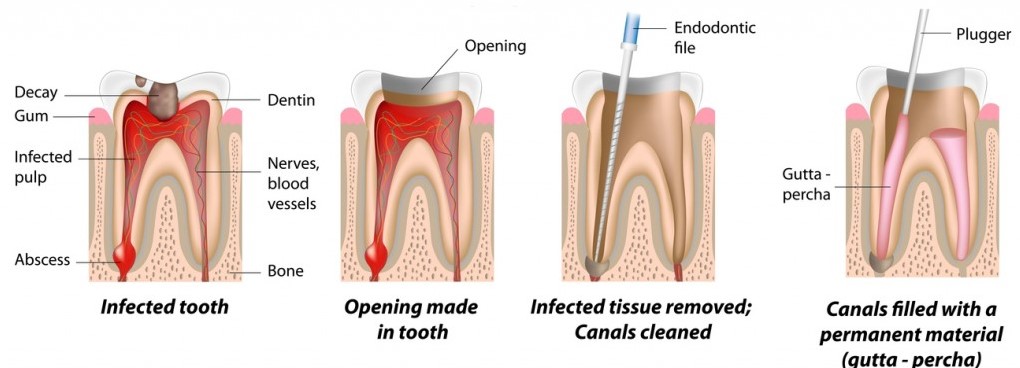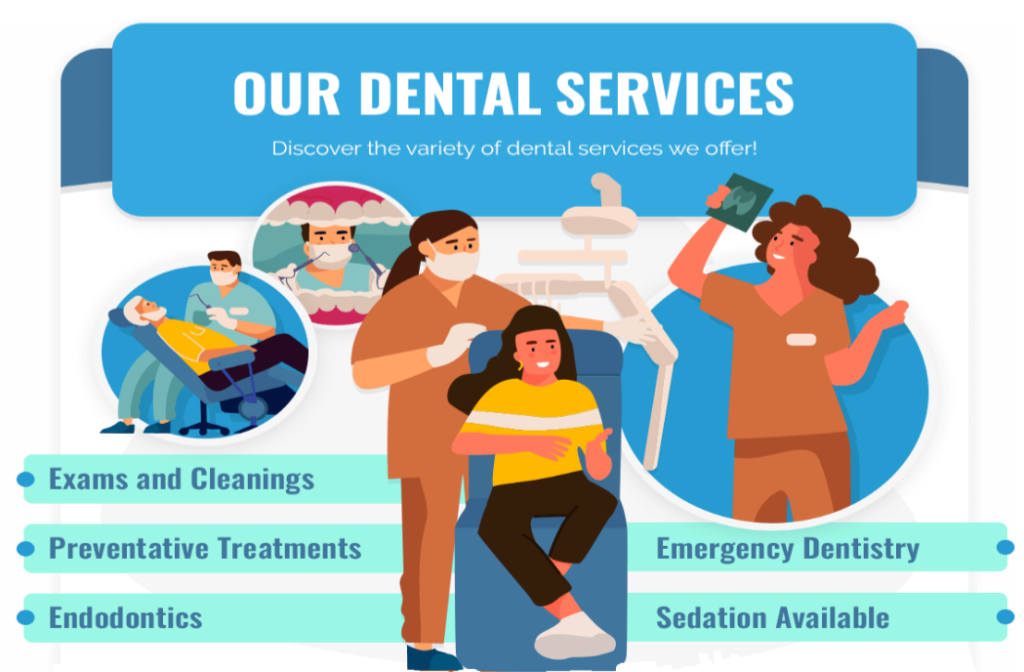
Latest Dental Technologies at [Solitaire Family Dentistry]
Dental Technologies 1. At Solitaire Family Dentistry, we are at the forefront of dental technology, offering our patients the best care possible in a field that is continually expanding. We guarantee that we will provide you with the most cutting-edge and efficient treatment possible, thanks to our treatment and investment in cutting-edge technologies and equipment. […]
Latest Dental Technologies at [Solitaire Family Dentistry] Read Post »








